Obid Khakimov, Director of the Center for Economic Research and Reforms (CERR), presented at the Paris School of Economics on May 23rd with a topic: "The effectiveness of programs implemented by Uzbekistan within the framework of the national poverty reduction model."
Special guests included Nobel laureate Abhijit Banerjee and Killian Nolan, Policy Director of J-PAL Europe. Around 30 leading scientists and international experts of the EU attended, drawn by interest in Uzbekistan's reforms.
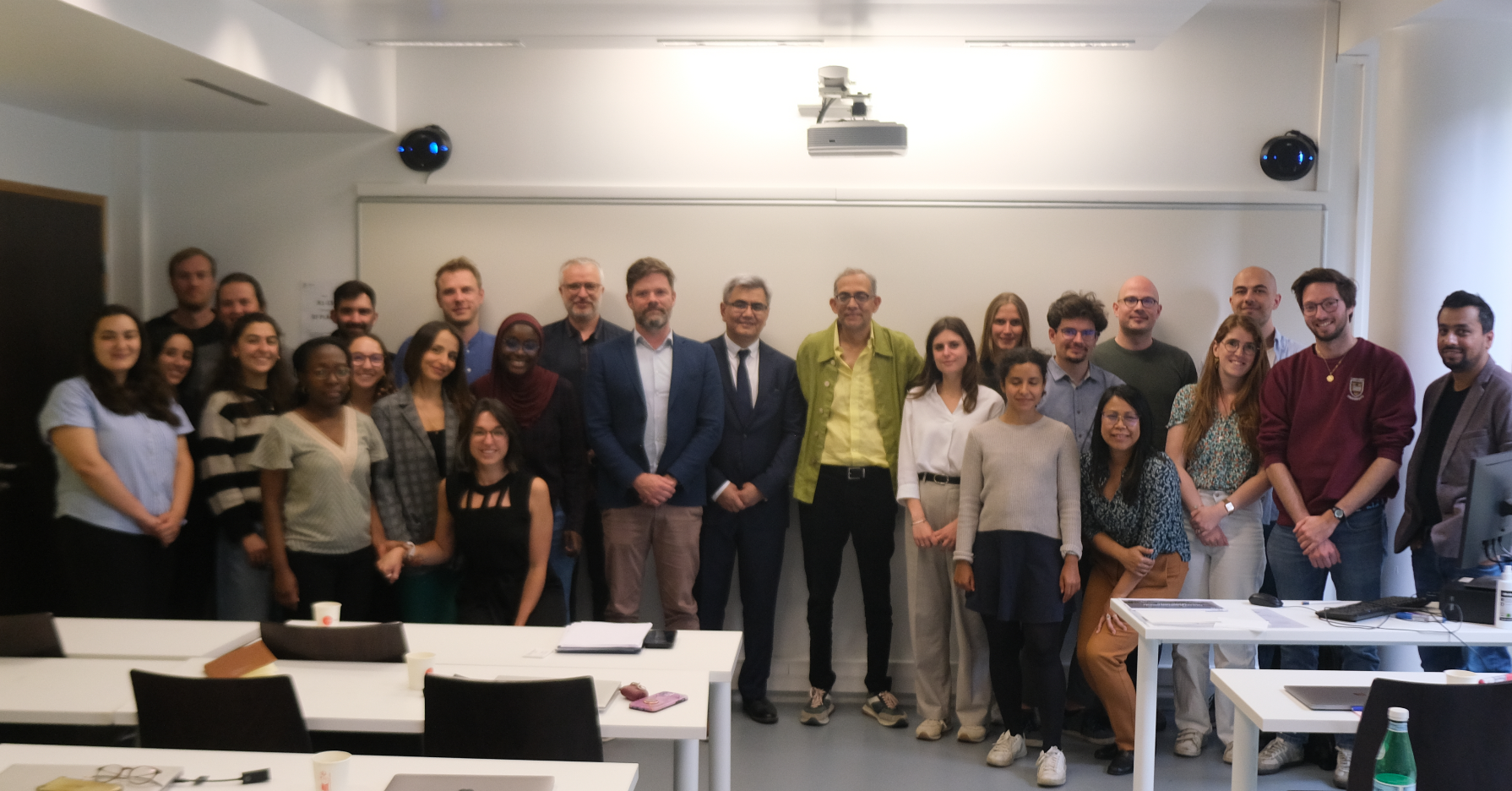
CERR director highlighted Uzbekistan's poverty reduction initiatives, including the "Unified Social Protection Registry," launched with the support of international organizations. The number of recipient families grew from 500,000 in 2017 to 2.3 million in 2023, with social spending increasing 3.7 times over five years.
The "Mahallabay" system (community-level) was identified as a particularly effective policy. From 2022 to 2024, 1 million people received microloans for family businesses, 152,000 received subsidies, and the "Women's" and "Iron Notebook" initiatives supported 1.5 million women and 610,000 people in need.
CERR director also presented targeted reform programs like "Every Family is an Entrepreneur," "Women Entrepreneurs," and "20,000 Entrepreneurs and 500,000 Qualified Professionals."
The family kindergarten initiative allowed households to start businesses in their communities, with about 15,000 families receiving subsidies and partial salary compensation. This led to a preschool education coverage increase from 25% to 70% in 6 years.
Additionally, school deworming and nutrition programs aimed at ensuring children's health and effective learning was noted.
As a result of these reforms, poverty in Uzbekistan has decreased from 17% to 11% since early 2021, lifting nearly 2 million people out of poverty.
CERR Director described the significant reduction in poverty within a relatively short period as a "substantial achievement and a result of effective social policy."
Commenting on the reforms in Uzbekistan, Nobel laureate Abhijit Banerjee noted the multifaceted nature of deprived families, emphasizing that "there are many poor families in the world, but each poor family is poor in its own way."
Professor Banerjee highlighted the key feature of Uzbekistan's approach to poverty reduction – its highly targeted and individual nature, emphasizing that "the Mahallabay system in Uzbekistan has its own unique recipe for lifting each family in need out of poverty."
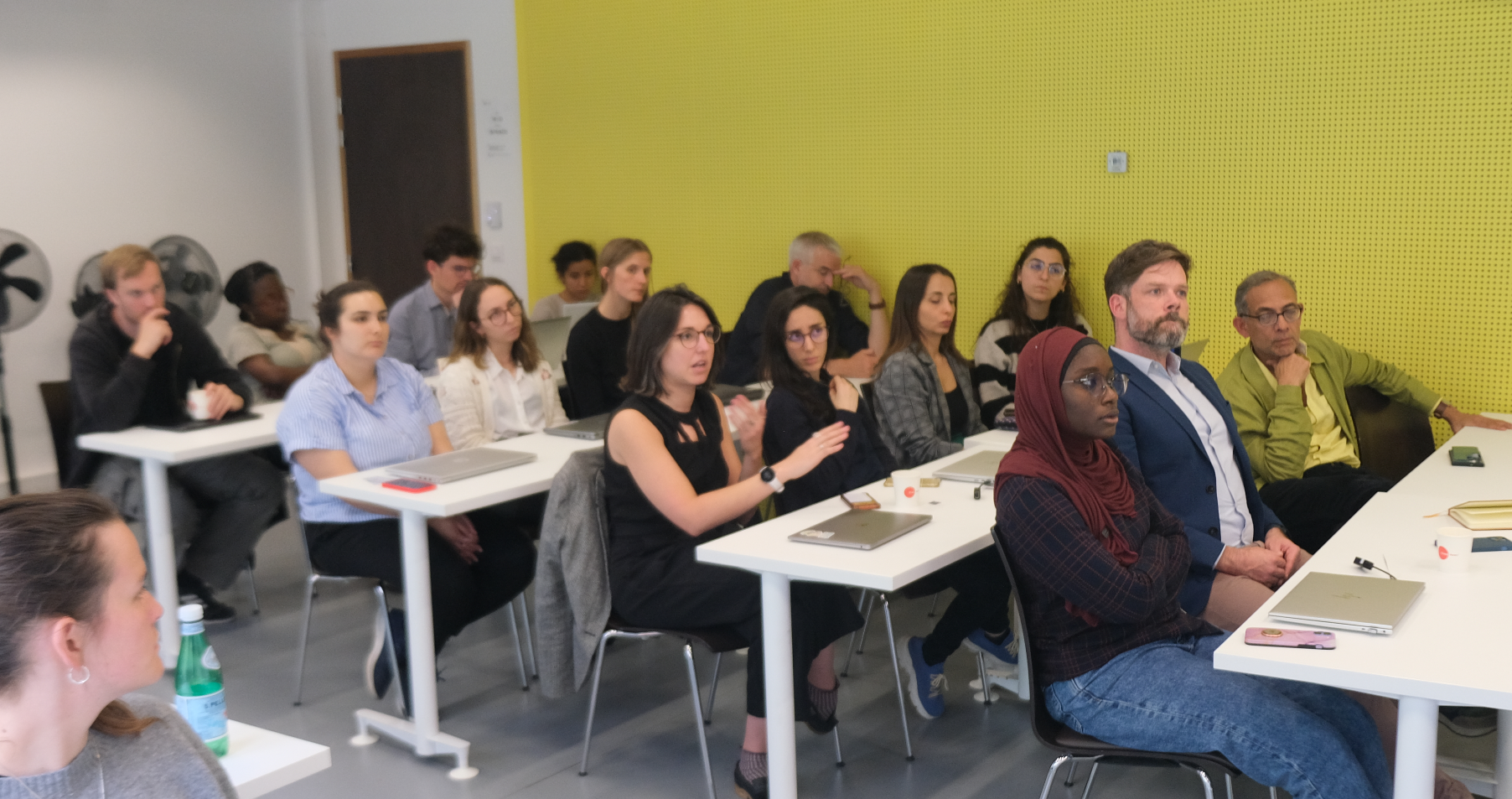
During the presentation of the Multidimensional Poverty Index, CERR presented initial research findings. Key socio-economic indicators were thoroughly analyzed for the population experiencing hardship, including access to sanitation, bank accounts, drinking water, housing, affordability of medicine, communication and technology, heating fuel, food security, assets ownership, educational attainment, and informal employment.
CERR's analysis revealed that addressing education, food security, and employment issues are critical for further reducing multidimensional poverty in Uzbekistan. Targeted solutions in these areas have high potential to reduce multiple deprivations among vulnerable populations.
In conclusion, despite ongoing challenges, the presented assessments demonstrate significant progress made by Uzbekistan in combating poverty and inequality.
"By continuing these efforts, Uzbekistan will be able to ensure a decent standard of living for all citizens and eradicate poverty, confirming its commitment to the UN 2030 Agenda," Khakimov noted.
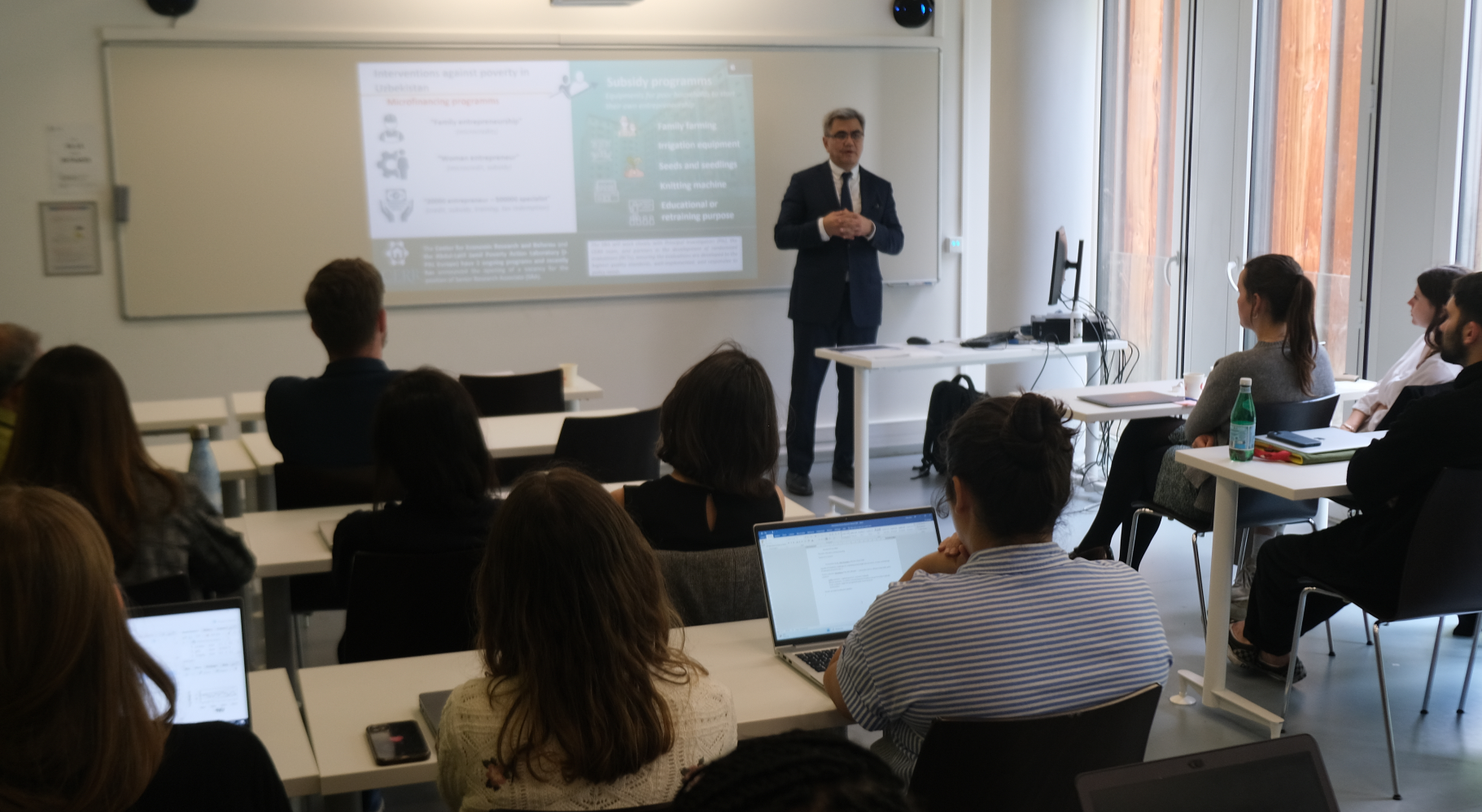
The presentation by the CERR director garnered significant attention from Paris School of Economics experts and J-PAL analysts. Representatives of J-PAL Europe, a research center developing and implementing evidence-based approaches in social policy, expressed interest in further collaboration with CERR.
International experts praised the research and results of the presented reforms, conducting a comprehensive scientific discussion. Following the event, the authoritative international expert community recognized the National Poverty Reduction Model in Uzbekistan as a successful example worthy of dissemination to developing countries.
CERR Public Relations Sector

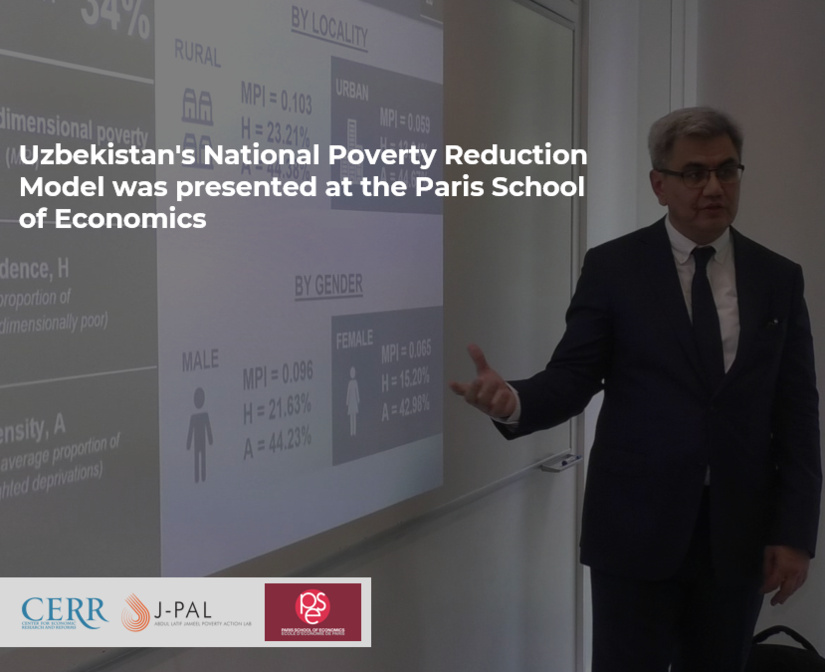
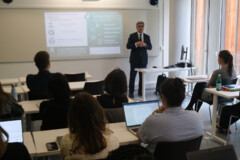
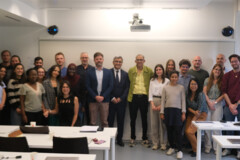
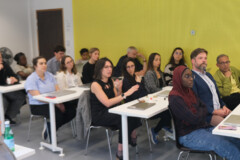



















leave a comment